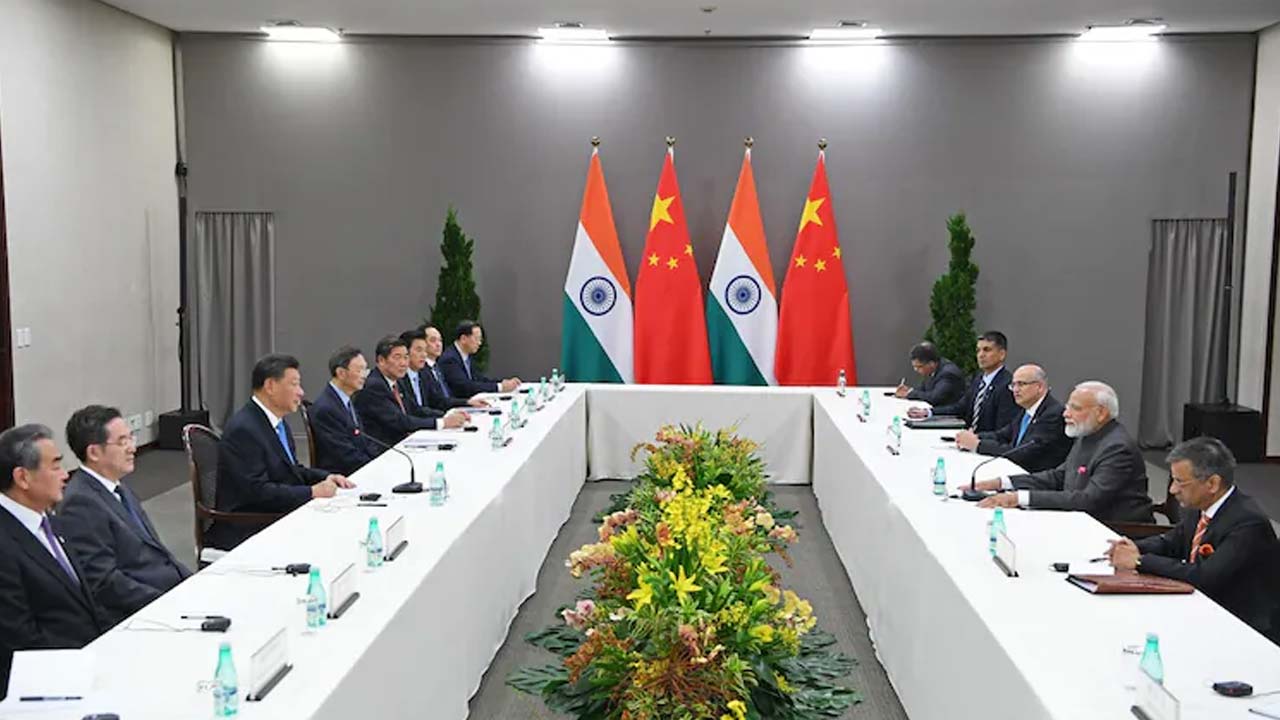
BRICS Summit: President Vladimir Putin and South Africa's Cyril Ramaphosa are also attending the summit.
Prime Minister Narendra Modi is scheduled to meet with Chinese President Xi Jinping for a bilateral discussion on Tuesday during the BRICS summit taking place in Russia. This meeting will be their first since the Galwan clash in 2020, as confirmed by Foreign Secretary Vikram Misri. The discussions are expected to highlight the progress in India-China relations following an agreement on patrolling arrangements along the Line of Actual Control, which has faced numerous challenges in recent years.
Amidst ongoing speculation regarding the restoration of diplomatic ties, Mr. Misri confirmed that the meeting is officially scheduled. "I can confirm that there will be a bilateral meeting between Prime Minister Modi and Chinese President Xi Jinping tomorrow on the sidelines of the BRICS Summit," he stated, as reported by news agency ANI.
Since the Galwan clash in 2020, the two leaders have engaged in only a few brief exchanges. These interactions occurred during the G20 summit in Bali, Indonesia, in November 2022, and at the BRICS summit in Johannesburg, South Africa, in August 2023.
Both leaders are currently in Kazan, Russia, where Russian President Vladimir Putin and South African President Cyril Ramaphosa are also present at the summit.
The recent progress concerning the patrolling arrangement follows four years after the Galwan Valley incident and signals a shift toward de-escalation in a region where both countries have stationed tens of thousands of troops. This arrangement seeks to restore the pre-2020 system, acting as a stabilizing factor and a confidence-building measure between New Delhi and Beijing.
On June 15, 2020, Indian and Chinese troops clashed in the Galwan Valley amid heightened tensions along the Line of Actual Control. Both sides incurred casualties, which significantly strained their bilateral relationship.
Despite a slow easing of tensions, restoring the situation to what it was before the Galwan clash has turned out to be quite difficult.
In addition to affecting bilateral ties, these tensions have also had implications in various other domains.
For the past four years, there have been no direct flights operating between the two countries. Visas for Chinese technicians were granted only after additional security measures were implemented, and investments from companies in neighboring countries required comprehensive vetting and security clearances.





















